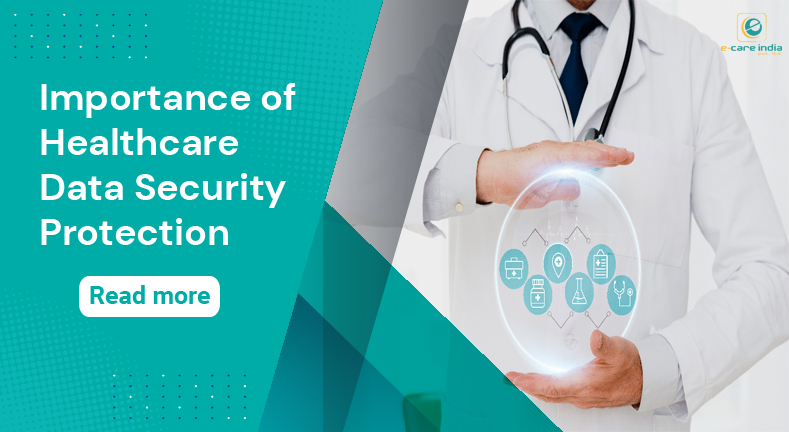
Abiding by the U.S federal government and HIPAA Privacy Rule, protecting and securing healthcare data has become crucial. Healthcare data security protection is of utmost importance due to several key reasons, however it is important to understand these clauses clearly and function accordingly to ensure safe and secure Protected Health Information (PHI). To know the importance of Healthcare Data Security and Protection read through the below points:
Patient Confidentiality
Healthcare data often contains sensitive and personal information about patients, including their medical history, diagnoses, treatments, and insurance details. Protecting this information is essential to maintain patient confidentiality and trust. Breaches of healthcare data can lead to identity theft, fraud, or other malicious activities that can harm patients.
Compliance with Legal and Ethical Requirements
Healthcare organizations are bound by various legal and ethical obligations to protect patient data. Laws such as the Health Insurance Portability and Accountability Act (HIPAA) in the United States mandate strict standards for safeguarding patient information. Failure to comply with these regulations can result in severe penalties and legal consequences.
Prevention of Data Breaches
Healthcare data breaches can have severe consequences for individuals and organizations. Breached data can be exploited by hackers for financial gain, leading to fraudulent activities, ransom demands, or even medical identity theft. Data breaches can also damage an organization’s reputation and trust among patients, resulting in financial and operational repercussions.
Continuity of Care
In healthcare, access to accurate and secure patient information is crucial for providing quality care. Healthcare professionals rely on comprehensive and up-to-date data to make informed decisions and deliver appropriate treatments. If healthcare data is compromised or unavailable due to security breaches, it can disrupt the continuity of care and jeopardize patient safety.
Research and Development
Healthcare data plays a vital role in medical research and development. Anonymized and aggregated data sets help researchers identify trends, study disease patterns, and develop innovative treatments. Protecting the integrity and security of healthcare data ensures that researchers can continue to access valuable information without compromising patient privacy.
Cybersecurity Threats
The healthcare sector has become a prime target for cybercriminals due to the value of healthcare data and potential vulnerabilities in systems. Cybersecurity threats, such as malware, ransomware, and phishing attacks, pose significant risks to healthcare organizations. Robust data security measures, including encryption, access controls, and regular system audits, are essential to mitigate these threats.
Operational Efficiency
Secure healthcare data systems enable efficient information exchange among healthcare providers, facilitating coordination and collaboration. With secure data sharing, healthcare professionals can make more informed decisions, reduce redundancies in tests and procedures, and improve overall efficiency in healthcare delivery.
According to the Department of Health and Human Services (HHS)* Medical Billing Companies both onshore and offshore needs to abide by HIPAA rule under the clause “HIPAA Business Associate”.
About e-care
e-care is an Offshore based full HIPAA compliant Medical Billing Company. With over 23+ years of experience in complete Revenue Cycle Management Outsourcing Services, e-care has established as one of the top medical billing company and abides by HIPAA Privacy rule as Business Associate and have various measure in place to ensure high standard of security and confidentiality or our clients and their PHI. To know more about e-care and our services call 1-813-666-0028 or HIPAA Compliant Medical Billing Company | HIPAA Compliance | Medical billing compliance (ecareindia.com)
* Business Associate Contracts | HHS.gov
